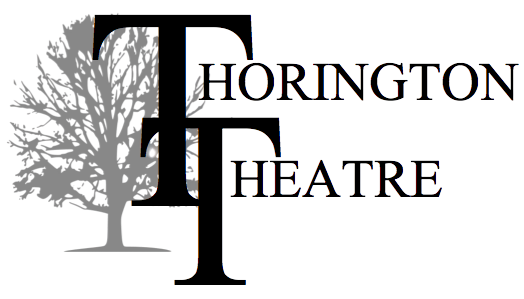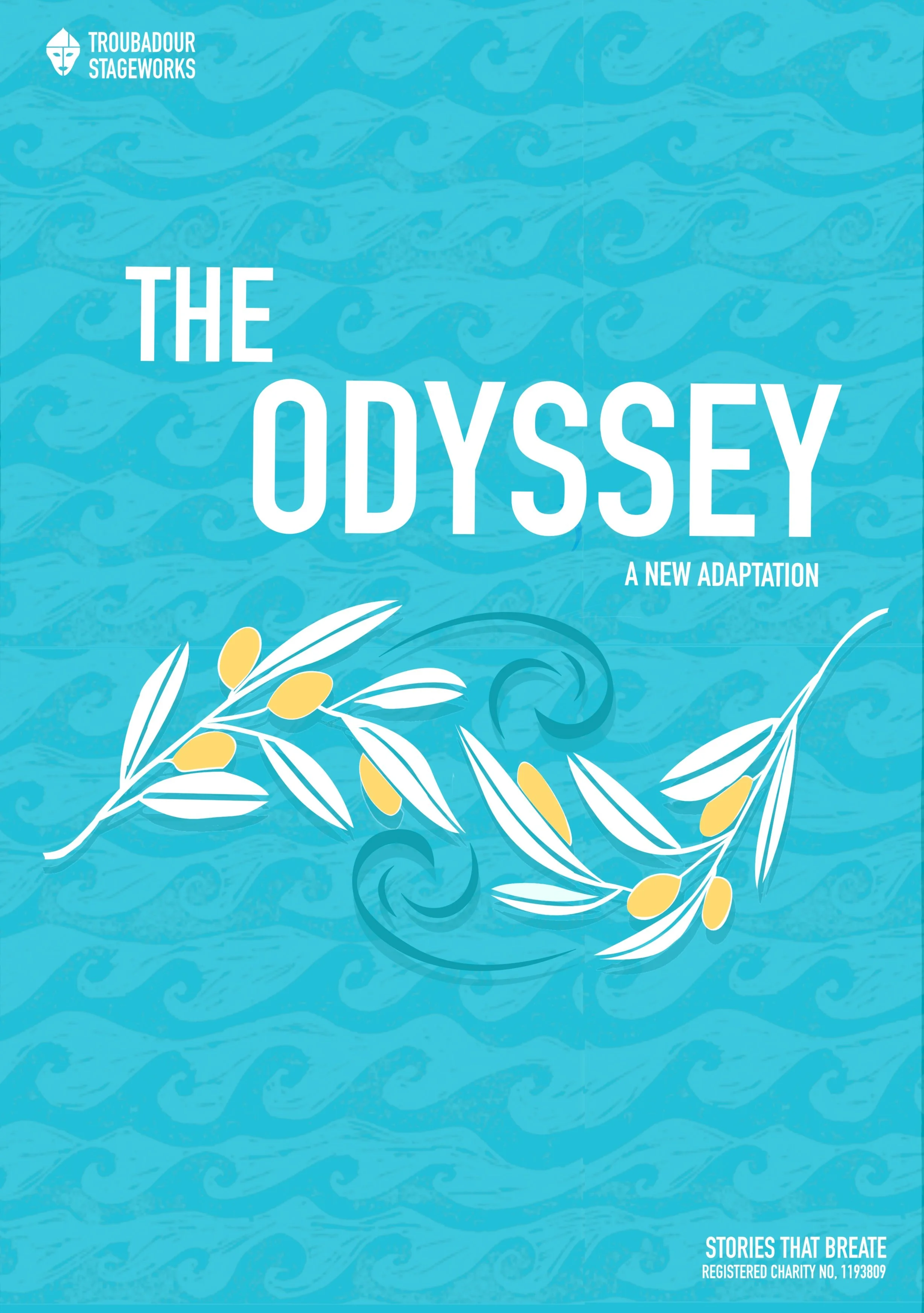The Odyssey
Troubadour Stageworks, June 2nd at Thorington Theatre
Tickets available HERE
A Note on the Adaptation:
Condensing 12,000 lines of ancient Greek dactylic hexameter into a play for 3 actors, suitable for all ages and with a running time of little more than an hour, while still paying tribute to the vast legacy and quality of the original material, was no easy feat.
Editing by its very nature means to cut away, yet my ethos through this process of chiselling is to ensure and absence of personal imposition. Tonight we have time to tell but one part of this great epic: which part may I most well serve within these constraints?
‘Homophrosyne’ was my route in: Penelope and Odysseus are described throughout the original text as ‘like-minded’. Odysseus is cunning, wily and clever – is Penelope his equal match? What would the conversations between these two be like, particularly at first reunion?
With that thought I had the structure of the adaptation: in Homer Odysseus and Penelope meet twice on his return to Ithaca. Once when he is disguised as a beggar and pretending to have heard tales of Odysseus’ adventures. Once when he is triumphant in the slaughter of the suitors, and publicly announcing his identity.. and she does not believe him. So in the first meeting Odysseus is in control, telling the stories that portray him best. In the second Penelope takes charge, picking holes in the established narrative and forcing her husband to reveal the rest.
Interwoven with more modern translations and original dialogue is text from the 1725 poetical translation of The Odyssey by Alexander Pope: I was always keen to preserve the sense of the tale as an epic poem, and paying tribute to the very long lineage of translators and adapters that have come before. Using the poetry as a framing device for telling the tales of action works well. The older translation also gives a sense of the history to this adaptation, and comes from an era where poetry was written to be spoken; the thundering syllables of 18th century meter are not easily replicated by modern translators serving our entirely literate society.
Within this adaptation we touch on many of the universal themes of the tale, in particular loss, identity and homecoming. My greatest hope is this truncation will act as an introduction to this epic tale, and perhaps spark a curiosity in the original!

